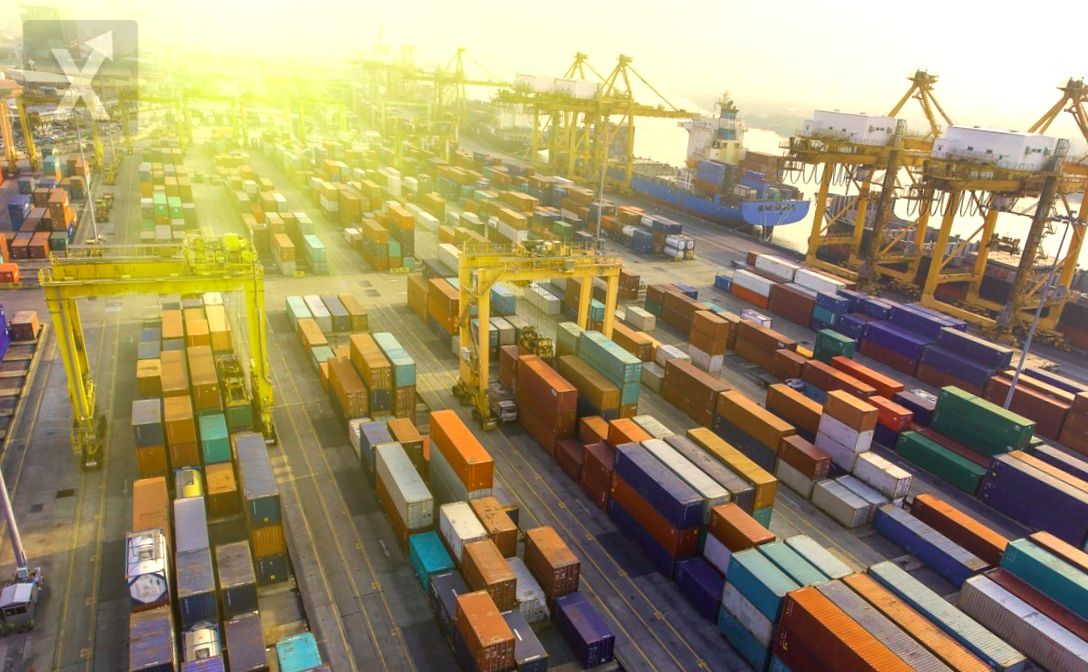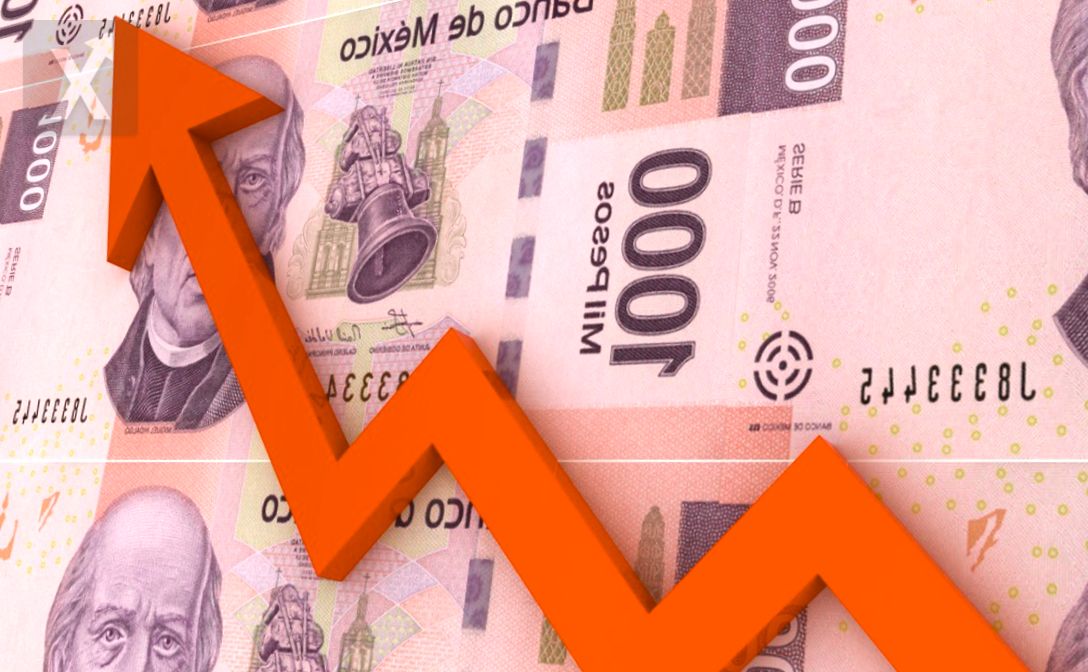China's Economic Performance Shows Worrying Signs

(BEIJING) - This Friday, China reported its lowest quarterly growth in a year and a half, despite multiple measures implemented to stimulate both consumption and the real estate sector. According to the National Bureau of Statistics (NBS), the Asian country's gross domestic product (GDP) grew by 4.6% year-on-year in the third quarter. The statement highlighted that the slowdown is a result of a "complicated and difficult external context (...), and new challenges in domestic economic development."
This figure slightly exceeds projections from experts consulted by AFP, who had estimated an average growth of 4.5%. However, it falls short of the 4.7% recorded between April and June, and importantly, it marks the weakest growth since early 2023, when China began to loosen its strict COVID-19 restrictions. On the other hand, retail sales, which are the main indicator of household consumption, increased by 3.2% year-on-year in September, following a rise of 2.1% in August, which is encouraging. Additionally, urban unemployment fell to 5.1% in September, compared to 5.3% in August. These indicators offer a small ray of hope after a series of unfavorable data regarding inflation, investment, and trade. In response to the slowdown, authorities have implemented several measures to reactivate the economy in recent weeks. The Chinese government aims for a growth rate of 5% for this year, a figure that any Western nation could envy, although it still falls short compared to the double-digit expansions that the Chinese economy was accustomed to. The initially announced measures generated optimism in the markets, but this enthusiasm faded due to the lack of concrete details about government investment in stimulus. One of the major issues facing China is the crisis in the real estate sector, which was once a growth engine and is now burdened with enormous debts. Beijing is "trying to convince with more noise than results" about stabilizing the real estate market, commented Stephen Innes from SPI Asset Management. "But let's be realistic, the Chinese real estate situation won't be resolved just with speeches and superficial measures," Innes added. This Friday, the Chinese central bank announced a program targeting insurance companies and investment funds. Additionally, its governor, Pan Gongsheng, mentioned that there could be a new reduction in the reserve requirement ratio (RRR) for banks before the end of 2024, which could increase loan availability. At the same time, major Chinese banks communicated that they would "reduce interest rates for deposits in yuan," according to state television CCTV. This is the second reduction that has occurred this year.
These recent announcements are "steps in a positive direction," said Benson Wu, an economist specializing in China at Bank of America Global Research, in an interview with AFP. However, "there are still many details to be defined before a complete analysis of the effectiveness of these policies can be made," he added. For analyst Zhang Zhiwei from Pinpoint Asset Management, Beijing's goal of achieving 5% growth in 2024 will be "difficult to achieve," unless they can reverse the trend by the end of that year. "It will probably be necessary to wait until November for more information, as the outcome of the elections in the U.S. is an influencing factor in decision-making in Beijing," he noted in a statement.
The economic situation in China reflects the challenges facing developing economies, where external and internal factors can have a significant impact. It is important for investors and economists to analyze these dynamics carefully, as low growth could affect not only China but also the economies that depend on its trade. Diversifying investments and focusing on more stable markets could be prudent strategies in these uncertain times.




